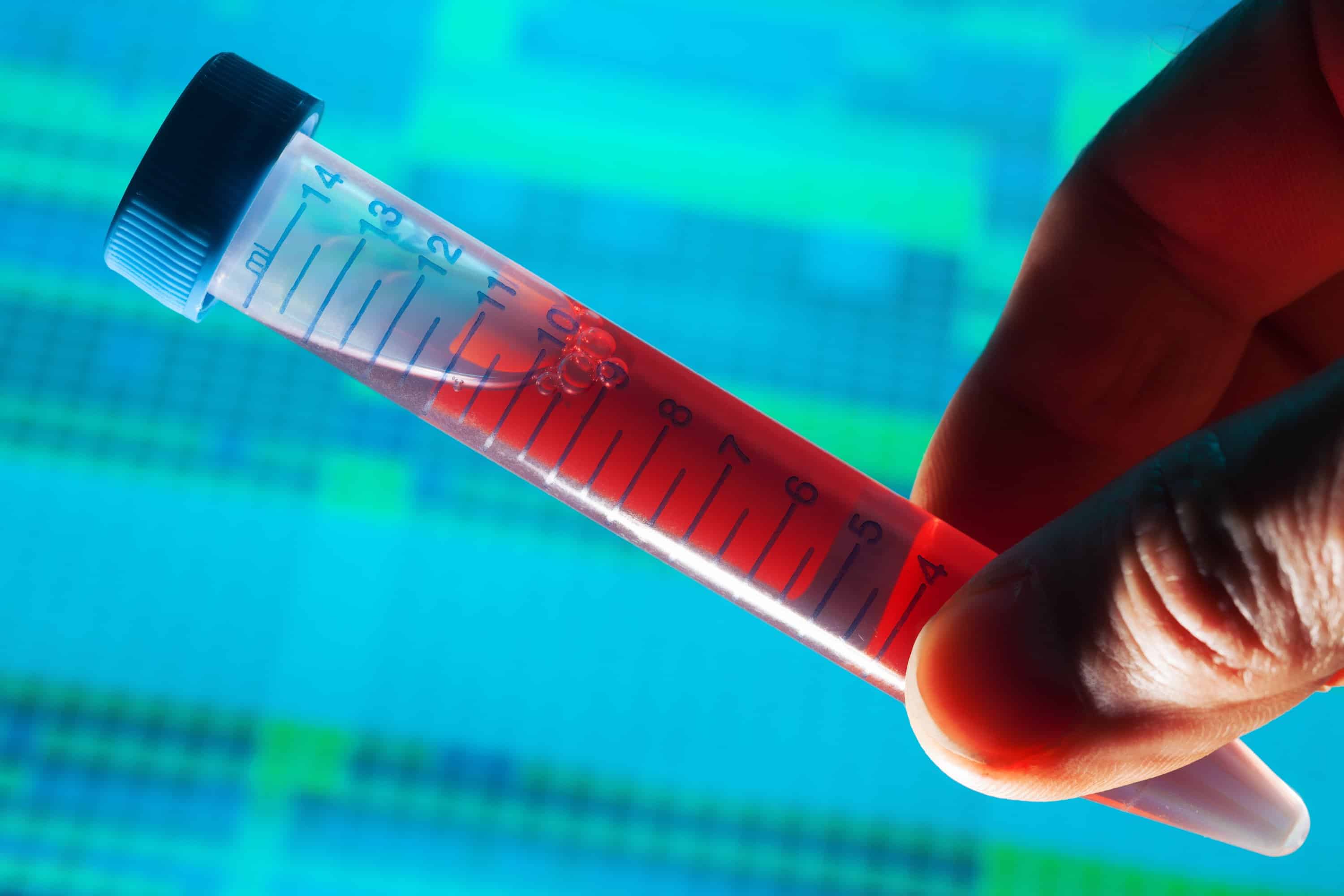The ELISA is the mainstay for sensitive and quantitative detection of protein analytes. Despite its utility, ELISA is time-consuming, resource-intensive, and infrastructure-dependent, limiting its availability in resource-limited regions. Now, biomedical engineers at Duke University have created a portable diagnostic tool that can detect telltale markers of disease as accurately as the most sensitive tests on the market, while cutting the wait time for results from hours or even days to 15 minutes.
Created by inkjet-printing an array of antibodies onto a glass slide with a non-stick polymer coating, the diagnostic tool, called the D4 assay, is a self-contained test that can detect low levels of antigens, the protein markers of a disease, from a single drop of blood.
The non-stick, nanoscale poly(oligo(ethylene glycol)methacrylate) (POEGMA) brush coating helps prevent unwanted proteins, cells, and other biomolecules from binding to the chip surface. This dramatically improves the signal-to-noise ratio (SNR), even at low analyte concentrations in complex samples such as blood. It also means that the test doesn’t require any complicated steps to prevent nonspecific binding; it just needs a wash in buffer solution.
Like the ELISA platform, D4 assay uses a matched pair of antibodies to detect and capture a target protein
in a blood sample. The array contains two types of antibodies ––immobilized capture antibodies and soluble detection antibodies –which are tagged with a fluorescent marker to allow the researchers to identify how much of the antigen is present. When a drop of blood is placed on the slide, the detection antibodies dissolve, separate from the array and bind to the target proteins in the blood. These fluorescing antibody-protein pairs then attach to the capture antibodies that are still on the slide.But unlike it, D4 assay’s antibody array is printed on a novel polymer brush coating. When a sample is placed on the slide, the coating works like Teflon to prevent the non-target proteins from attaching to the surface of the slide. By preventing unwanted proteins from binding to the assay, the polymer brush makes it easier to detect low levels of target proteins by getting rid of the ‘background noise’ on the chip.
“The real significance of the assay is the polymer brush coating,” says Ashutosh Chilkoti, chair of the Department of Biomedical Engineering (BME) at Duke and senior author on the paper. “The polymer brush allowed us to store all of the tools we need on the chip while maintaining a simple design.”
“What’s cool is that our assay can achieve comparable sensitivity to the ELISA within 15 minutes, and if further sensitivity is needed, longer incubation times can be used,” says Daniel Joh, an MD-PhD student in the Chilkoti lab and co-author of the paper.
The team at Duke estimates that the D4 chips will cost less than $1 and the mobile phone attachment developed at the University of California, Los Angeles will be less than $30 when produced in bulk.
































